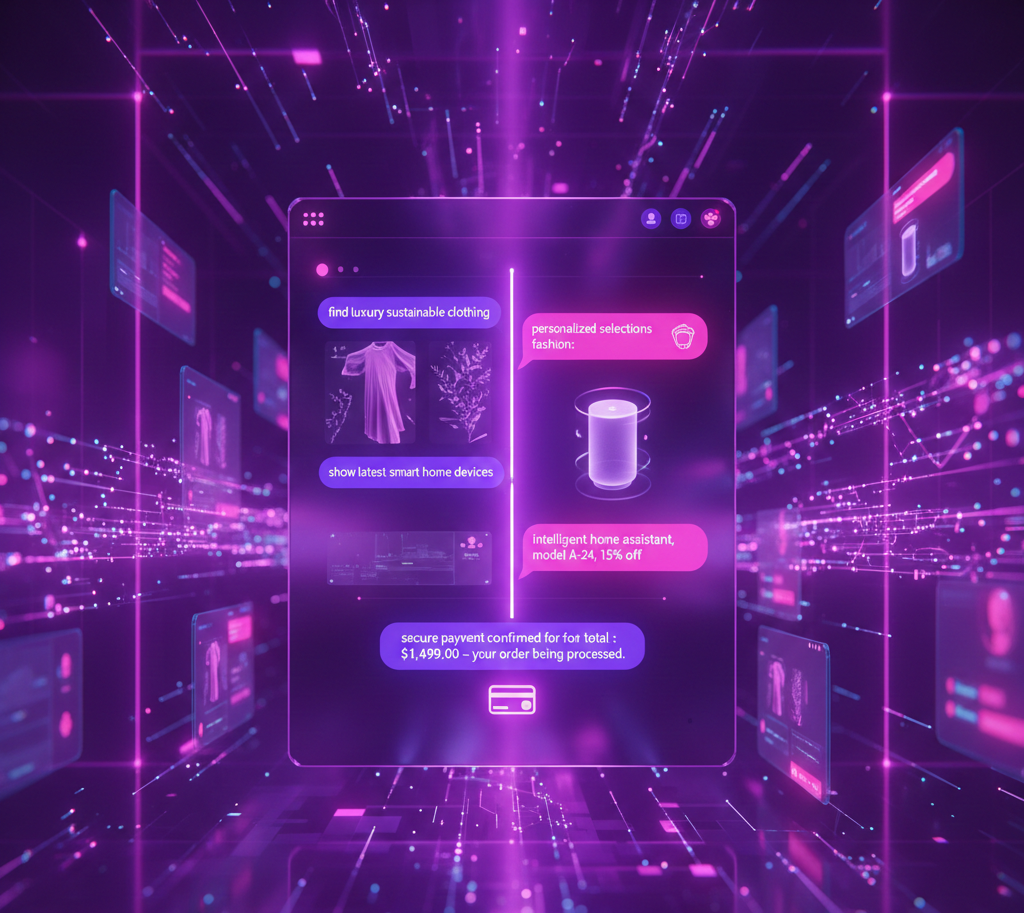
Content During Ramadan: A Strategic Reading of Its Role in the Saudi Market
In a season when digital audiences are growing and screen time peaks like never before. The real value of content lies in its ability to adapt to the spirit of the month while staying true to brand purpose. In the Saudi market, competition intensifies as brands strive to stay top of mind amid an overwhelming volume of seasonal messaging. Successful content during Ramadan aligns with the spiritual and social values of the month. This article explores how content strengthens the relationship between brands and consumers during Ramadan. We will know how conscious creativity can become a key driver of brand success in one of the most influential seasons of the year. What Makes Ramadan Content Effective? Ramadan is a time when spirituality takes centre stage and family bonds tighten more than ever. For this reason, people are naturally drawn to stories that highlight shared values, whether religious or ethical, especially when they are told in a way that feels genuine and memorable. This explains why some ads seen fifty years ago remain etched in our memory, rewatched and shared year after year. Humanizing these stories gives a brand a soul that hearts naturally gravitate toward. Consequently, audiences gravitate toward sharing stories that spotlight core values, whether religious or ethical, presented through a lens that leaves a lasting impression. Naturally, authenticity wins the day; using a “Saudi Dialect” paired with vivid scenes of the rituals happening in every home creates an undeniable connection. Behavior Changes During Ramadan User behavior during Ramadan follows a different rhythm from the rest of the year. Digital activity shifts from daytime hours to the evening and late at night, particularly after iftar and around suhoor. Browsing habits reflect the fasting experience itself. During the day, people prefer quick and practical information, such as recipes. After iftar, engagement rises sharply as social platforms become more active. Digital behavior becomes more intentional, driven by daily needs, including: Worship apps: Quran apps, supplications, and trusted donation platforms like Ehsan see increased use during the day. Delivery apps: Demand grows before iftar as people secure last-minute meal essentials. Social media platforms: Snapchat and TikTok dominate evening hours with reels and family gatherings. Shopping apps: As the last ten days approach, attention shifts toward fashion, fragrances, and gifts in preparation for Eid. Successful Strategic Blueprints in Saudi Arabia Leading brands in the Saudi market approach Ramadan with a clear understanding of the season’s emotional context. They reshape their messaging to align with the values of the month while maintaining their brand identity. Storytelling This strategy focuses on reinforcing Ramadan values and positioning the brand as a positive presence in society. stc’s campaigns stand out as a strong example; they place people at the heart of the tech experience, rather than pushing digital services like data plans or internet offers. The Secret to Success: They showcase technology as the “bridge” that closes distances and strengthens family ties during the Holy Month. Their impact extends through CSR initiatives like the “With Goodness, We Go Further” (2025) campaign, making consumers feel that belonging to this network contributes to a sustainable social impact. Nostalgia Human nature leans toward everything connecting the present to a beautiful past. In Ramadan, hearts are particularly open to memories that revive old family gatherings. The unplanned Iftar tables of our childhood might change as kids grow up, but certain products remain the constants that trigger those memories. Vimto capitalized on this through YouTube videos showcasing the evolution of the Iftar table over decades. Families change, homes evolve, and dishes vary, yet the classic taste and the iconic music remain the anchors. The Secret to Success: They positioned the product over generations as a heirloom. Abandoning it feels like letting go of a family tradition or a piece of the identity that defines their Ramadan atmosphere. Engagement This approach focuses on being present in people’s daily routines, especially during peak moments after iftar and before suhoor. Brands tend to deliver interactive content that breaks the mold of traditional ads. The delivery app HungerStation successfully turned routine notifications into an entertaining experience through simple challenges, like “The Missing Ingredient” and memes. The Secret to Success: The power lies in the timing. The app’s messages coincide with critical moments when the audience needs instant solutions, such as smart alerts during intense moments of hunger or quick suggestions during Suhur time. How to Create Standout Content? Audit the Competition: Ask why some brands succeeded? and learn from the gaps where others stumbled. Plan Ahead: Ensure your content is ready for launch at least a month or two in advance. Humanize the Message: Present it as a sincere human value rather than a direct sales pitch. Optimize Posting Times: publish on when people are active (between 9 PM and 2 AM). Innovate the Familiar: Shift your perspective and refresh known themes with a new angle. Evaluate the Output: Track performance weekly and adjust your strategy whenever necessary.





